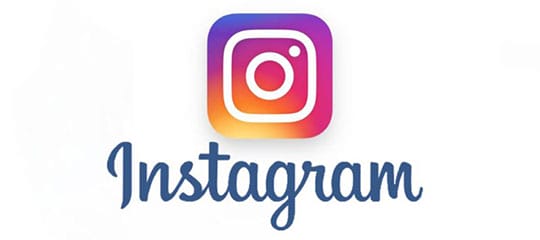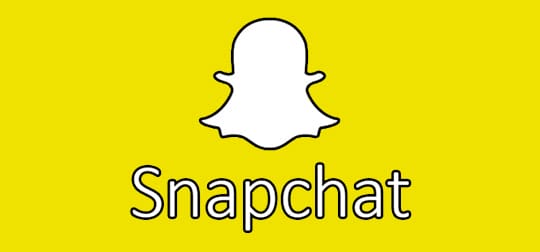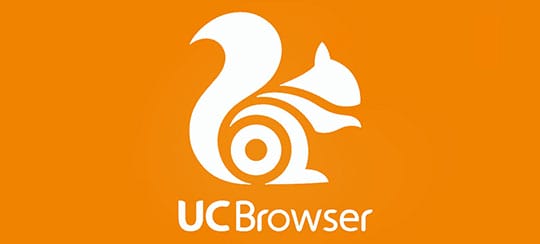People have great app ideas all the time, or at least they seem ‘great’ at the moment. Not many people put effort into realizing these ideas, though, and for a variety of reasons. The most common reason is that they think there are already lots of similar apps in that market and so it must be doomed to failure. Other people may believe that their app idea is just too ‘out there’ and can never possibly take off.
The thing is, if you think you won’t succeed then you are guaranteed to fail. What is needed is confidence and the will to see it through. Don’t believe me? There are a lot of apps out there that on paper before they came into being, looked crazy. These are the kinds of apps though that can go on to great success with the proper execution.
Need inspiration? Let’s take a look at 5 of the most successful apps in recent years.
1) Instagram

Instagram shot up the app charts, right out of the blocks. It became one of the great success stories of recent years. Many people say that the guys behind Instagram just caught lucky. Why? It was a brand new app and somehow managed to get over 100k users in just one week.
Two people who would strongly disagree with the ‘luck’ theory are Kevin Systrom and Mike Krieger. The two founders base their success on the fact that they thought very carefully about every decision made and moved forward according to feedback from the users themselves. Kevin had an innate talent for making photographs look more beautiful, and Mike was a skilled engineer.
Users loved the filters and the sharing capabilities of this new and slick app. It seemed Facebook noticed the success too since they bought it for $1 billion just two years after launch.
2) Uber

Uber started life as a simple need, as these things usually do – need to get home. One evening, back in 2008, Travis Kalanick and Garrett Camp found themselves in the city of Paris and need of a cab. That is, essentially, how they got the idea for Uber: tap a button, get a cab and no more would they have to stand to shiver in the snow trying in vain to flag down a taxi.
Sometimes, app ideas really are that simple. Necessity is, as they say, the mother of invention and nothing proves it in quite the same way as Uber. Their story is quite motivational for app developers to develop an app like Uber. Today, Uber has many other offshoot companies and services including food delivery (UberEATS) and helicopter/boat rides (UberCHOPPER and UberBOAT respectively).
3) Snapchat

A large part of the success of Snapchat is, without any doubt, the rise in popularity of smartphones among younger people. That and the promise of user security and privacy (let’s not mention the leaked pics after the hacking scandal), of course. The app started life as a college project, over at Stanford to be exact, among a group of friends.
With the starting name of Pickaboo, it was renamed Snapchat very soon after. The founders, Evan Spiegel, Reggie Brown and Bobby Murphy received funding from several sources over the years and rebranded the company Snapchat Inc.
Providing many different sharing solutions, with users having a very tight grip over their own privacy in terms of who gets to see what, the app quickly carved out a space of its very own. Today, you would be very hard-pressed to find somebody of a certain age that hasn’t at least heard of the app.
4) WhatsApp

WhatsApp is the most successful messaging app on the planet today, but how did it get there? The two founders, Jan Koum and Brian Acton, met while working at Yahoo. When they left together after 9 years, they sought employment with Facebook. After seeing success there, they released an iPhone app which saw tremendous success after just a relatively short space of time.
The reason for the success? It was very easy to use, and people did not need to register, anywhere, in order to use it. There wasn’t a messaging app like it anywhere at the time, and it simply took off. Today, over a billion people use WhatsApp.
How did the two partners manage to stay in business? The funding model was quite unique, and nobody it seemed was put off. iPhone users were charged a one time, first installation fee, while Android users were charged yearly. Both fees were .99 pence (or cents), something so affordable for either a one off or annual fee that it’s unlikely that anybody said no.
In 2014, WhatsApp was sold to Facebook for a cool $19 billion.
5) UC Browser

UC Browser is today the second largest mobile browser in the world and the single largest mobile browser in Asia. It has managed to secure its position in the world by securing a firm base in Asia, where its overall success has allowed experimenting and pushing outwards into the rest of the world.
As of May 2016, UC Browser has crossed the 400 million monthly active user milestones. This is by no means a small figure, especially when you consider it is now in the same league as Twitter and Instagram who also boast similar numbers.
UC Browser is owned by Chinese company UCWeb which in turn belongs to the Alibaba Group. This may not be a rag to riches success, but its meteoric rise and near global dominance makes it a glittering success in its own right. This is especially true when you realize that it was first around in 2004, before smartphones, and was available as a J2me app.
To survive the demise of the J2me platform is a success story all of its own, not to mention the fact that it now pretty much dominates the market.
Conclusion

All but one of these examples just shows what can happen when two, or three, like-minded people put their heads together with a simple idea, a need and the will to see it through to the (hopefully not bitter) end.
Just because an idea is a simple one, does not mean there is no space for it. Chances are if you find it useful then your target audience will too so don’t let your own self-doubt get in the way.





